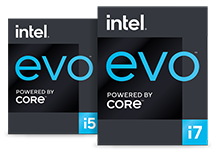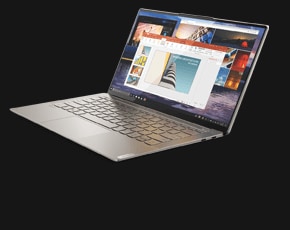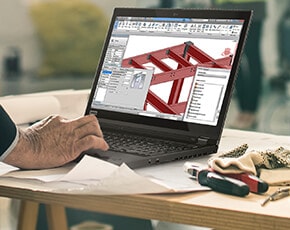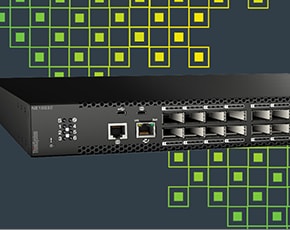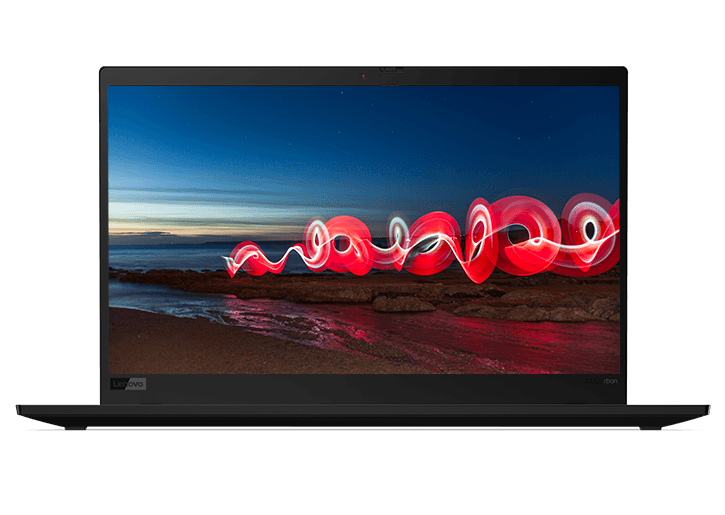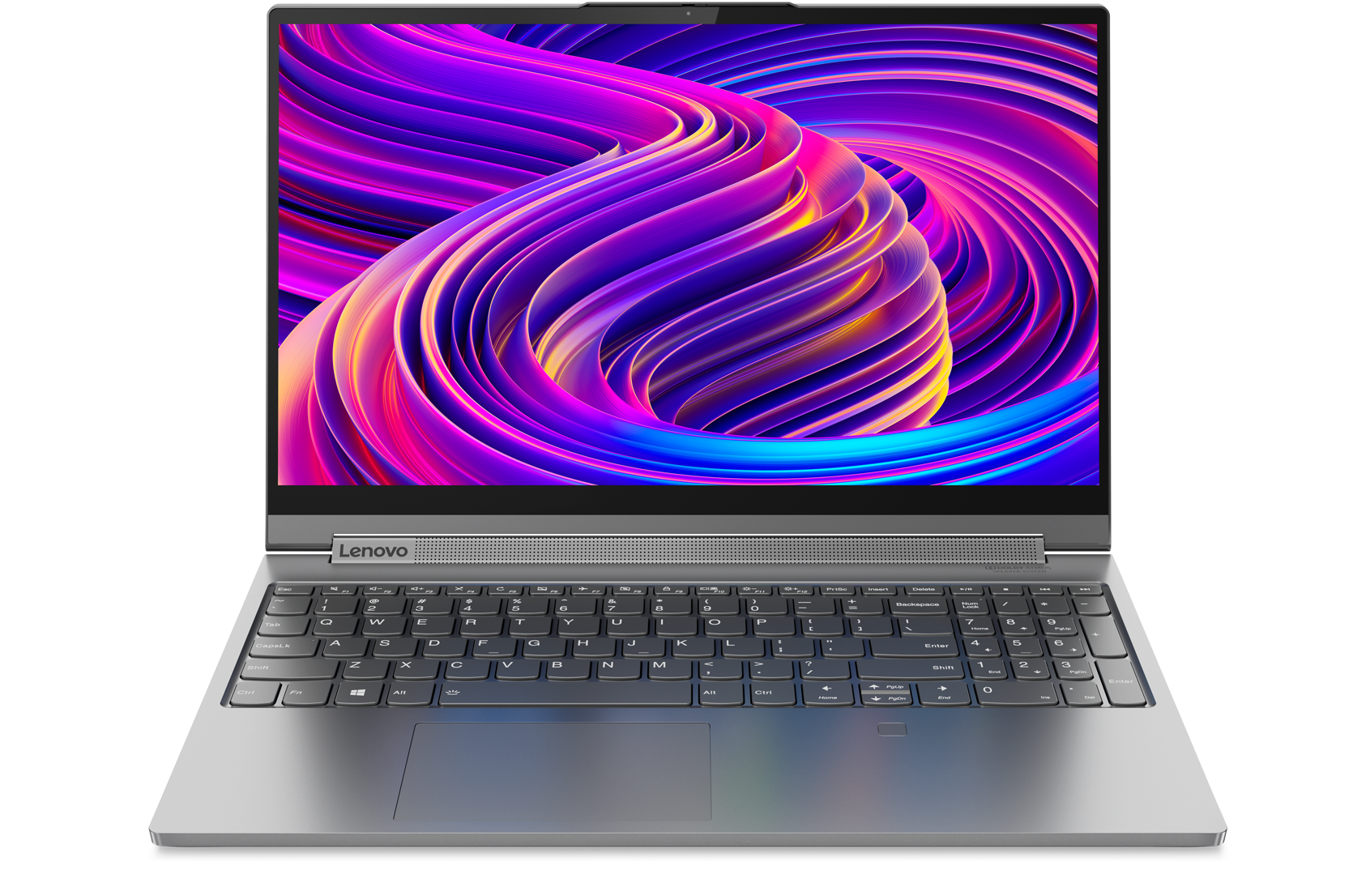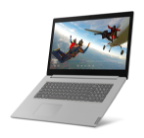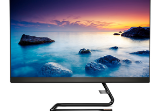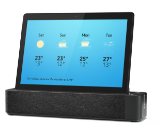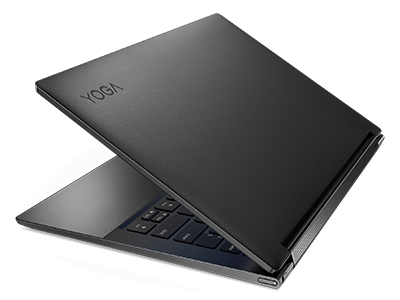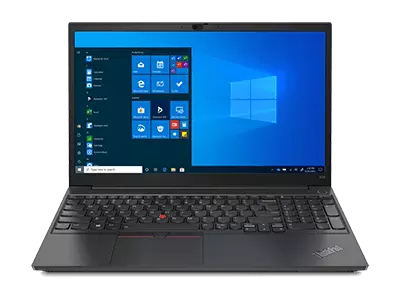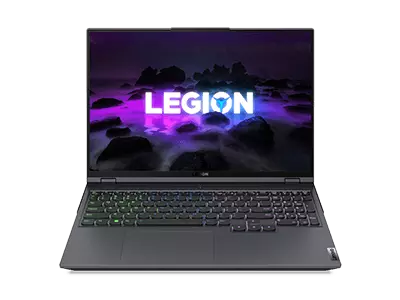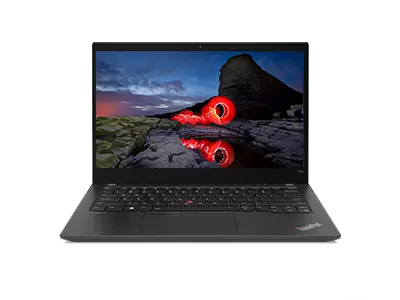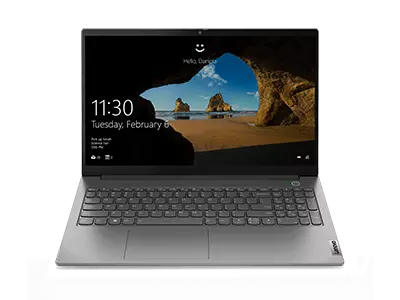Is it safe to buy a used laptop or computer?
In a word, no. Though many people have found inexpensive used computers that work just fine, the world of used laptops and computers can be a difficult one to navigate. People just looking for a good deal can often be swindled out of their money.
Customers are attracted to the low initial cost of purchasing a used laptop. Often, however, savings are exaggerated. Used computer retailers will compare a product's price with its initial sale value, not its current suggested retail price, thereby inflating the cost-effectiveness. Additionally, maintenance costs and the potential of earlier replacement often makes the actual value of buying used far smaller than retailers may have customers believe.
Used laptop retailers sometimes offer warranties that can give a false sense of security to customers. As a general rule, if the manufacturer's warranty is no longer valid, the new warranty is probably less than reliable. Retailers who offer warranties sometimes do not have the resources or infrastructure to be able to offer the support customers need when dealing with computer problems.
Remember, it's being sold for a reason. Sometimes, that reason can be that the old owner just wanted an upgrade, but this mentality is much rarer with computers than with cars. The computer could be slow, infected with a virus, or have damaged hardware and you might not realize this until it's too late. Buying a used laptop or computer is a gamble when it comes to computer safety.
What are some of the dangers of buying a used laptop or computer?
Many computer retailers sell "refurbished" laptops that were originally shipped with some sort of defect. If you are purchasing these under warranty from the manufacturer, the chances are slim you'll end up with a product that's still defective. Even slimmer are the odds that you'll be unable to get your money back in the case that it is. However, beware when buying refurbished laptops through a third party. Their warranties are less reliable and often leave customers with an inferior product and no way to be compensated or helped.
If the laptop is not refurbished, but simply used, follow the same advice. If you can buy a used laptop from the manufacturer, the chances of it being infected with a virus or being unable to support your use of it are pretty low. If it's under manufacturer warranty then you have an entire customer service organization of experts available to help with maintenance issues. If used laptops are being sold through a third party, however, a whole slew of problems may await you with little hope for a solution.
Battery life may be weak or practically nonexistent. The computer could be infected with malware or spyware. Other problems can include the computer having low or nonexistent memory. The computer's hardware could also be damaged. The screen may occasionally malfunction.
These are only the basic problems. Customers buying used laptops have reported strange problems, such as increased sensitivity to temperature changes, strange sounds emitting from their laptop, and screen stuttering. Sometimes, USB ports and CD/DVD drives have been known to malfunction.
But the real kicker is that if you buy a used laptop through a third party, you might get inferior or zero support when dealing with these problems.
What should I look out for when purchasing a used laptop or computer?
First and foremost, look to see who the warranty is from (if there is indeed a warranty package offered). If there's no warranty, don't buy the computer. If the warranty is from a third-party retailer, look very carefully at the specifications of the coverage. Better yet, don't buy it: Third-party retailers often lack the expertise or resources to make their coverage worthwhile. This has given many buyers an unfortunate false sense of security.
If the warranty is from the manufacturer, as always, you should be careful you know what the warranty specifies. But manufacturers may be able to come through where a third-party retailer cannot.
If you aren't buying the laptop from an online retailer and can see it in person, check everything you can. Examine the screen (one of the most expensive parts of the laptop), the keyboard, the USB ports, the CD/DVD drive, the audio output and input, the Ethernet port and the battery's life and accessibility. Batteries are one of the first things that need to be replaced on used laptops, and if you can't access the battery, you can't replace it.
It's often difficult to access a laptop's user history and even tougher to verify it. If you do choose to buy a used laptop, it might be extremely helpful to have a computer technician or expert run a complete diagnostic scan of your computer immediately upon purchase. A professional might see what you can't.
Am I better off buying a new computer or laptop?
Usually, yes. With so many affordable options from top manufacturers such as Lenovo, the risk you run by purchasing a used laptop is often too high to justify buying a used laptop. With a new laptop, you receive not only brand-new equipment, but also service and support as part of the accompanying warranty.
Buying a used laptop doesn't only cause headaches. It might not even end up being financially feasible. The maintenance and repair costs that may be incurred due to viruses, malware, spyware and hardware malfunctions can add up quickly. Also, because used laptops have a shorter lifespan, you may have to pay to replace the laptop sooner.
When you factor the benefits of buying a new laptop together with the potential hazards of buying a used laptop, you will probably find that you're better off purchasing a new computer or laptop.
